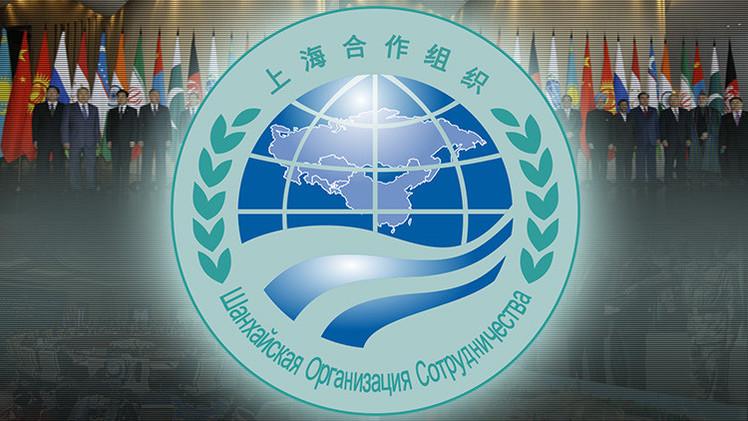Pan Deng, professor at the University of Political Sciences and Law, stressed, regarding the upcoming Summit of SCO Heads of State, that the organization is the largest regional bloc with the greatest potential in the world. “It advocates partnership and non-alignment, rejects Cold War thinking and the zero-sum concept, promotes equality among large and small countries, and establishes a broad network of partnerships,” he said.
In the expert’s opinion, the upcoming summit in Astana, Kazakhstan, will be a significant event, during which leaders will discuss how to strengthen pragmatic cooperation and formulate medium- and long-term plans for the future.
“It also marks China’s return as president of the SCO after seven years, which exemplifies the importance Beijing grants to this mechanism,” Pan added.
Chinese President Xi Jinping presented the Belt and Road Initiative (BRI) in Kazakhstan in September 2013, which promotes connectivity and economic development in the region and to which 150 nations in the world already belong.
“As the United States and other Western countries try to decouple supply chains and apply unilateral sanctions, the SCO advocates opening and cooperation, creates favorable conditions for regional economic development and post-pandemic recovery,” the professor said.
According to Pan, the BRI achieved synergies with the SCO agenda, promoted infrastructure building, trade and investment in Eurasia, stimulated economic growth and strengthened regional stability.
“China encourages cooperation in cultural exchange and environmental protection, and emphasizes the importance of “soft power” to build strong relations among member countries,” the expert added, and mentioned less effective decision-making and the increase in internal contradictions, exacerbated by external interference, as the organization’s challenges.
China is expected to gather consensus, promote multilateral dialogue and propose strategies for the future of the SCO.
jg/llp/arc/idm










